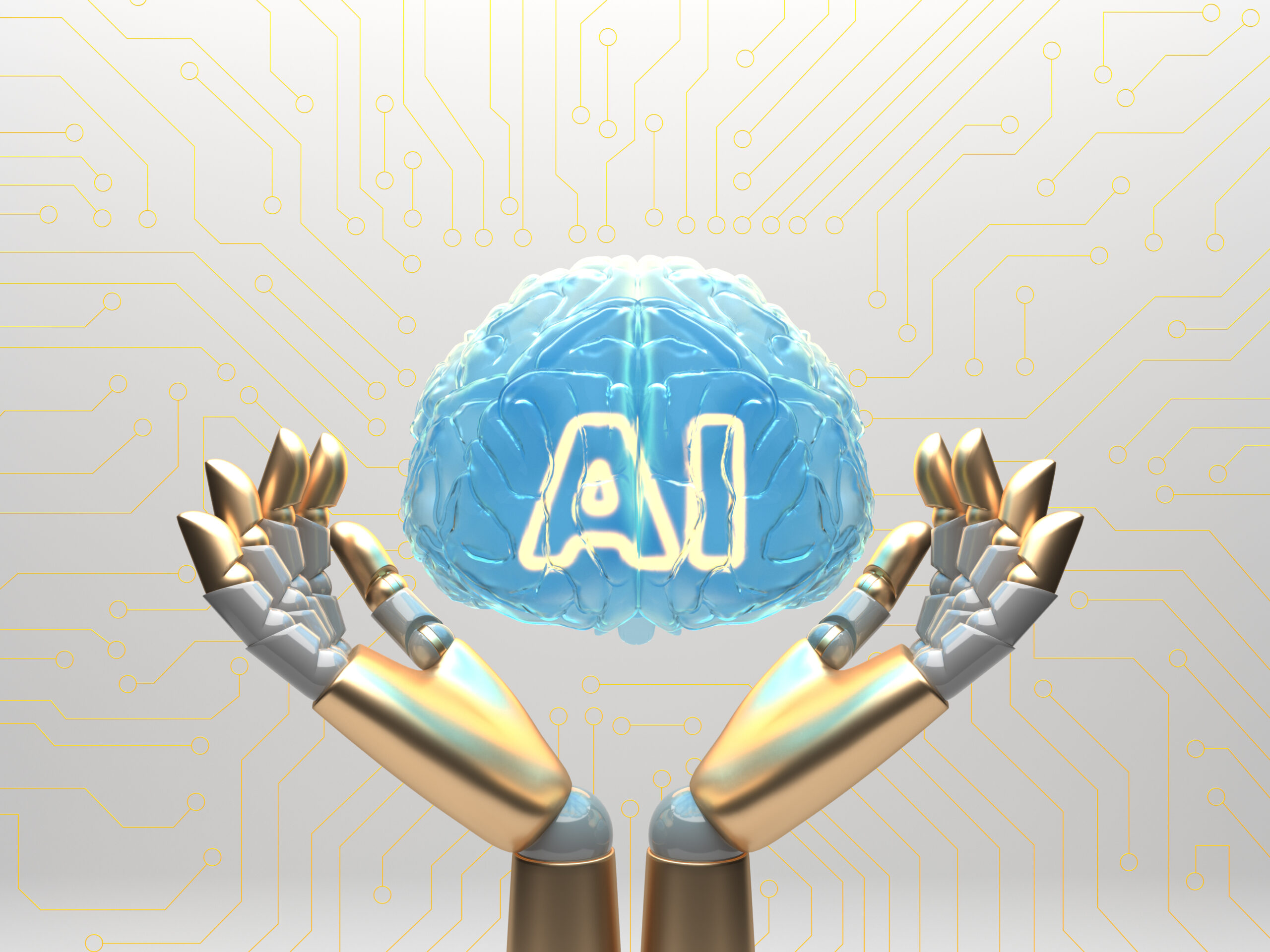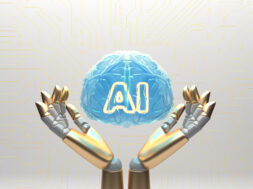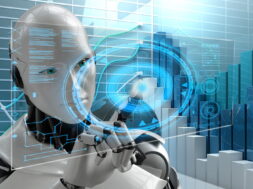
AI, Data Privacy, and Human Rights: Striking a Balance in 2043
Artificial intelligence (AI) has revolutionized sectors and propelled unheard-of technical developments by 2043, when it has become an essential part of our daily life. But this quick progress has also prompted data security and human rights questions. AI algorithms increasingly use huge volumes of personal data to provide individualized services and predictive analysis. A major problem for society is finding a fine balance between using AI’s promise and protecting people’s rights and privacy.
- The Power of AI in 2043:
In 2043, AI will be present in all facets of society, from politics and transportation to healthcare and education. AI-powered virtual assistants can now recognize and predict human requirements and provide individualized advice and support. Autonomous cars are becoming commonplace, revolutionizing global transportation infrastructures. Patient outcomes have improved thanks to AI-driven medical diagnosis and treatment strategies, and personalized learning experiences have improved thanks to AI-generated educational content. However, the rapid development of AI has led to an unheard-of collection of private information.
- The Dilemma of Data Privacy:
Data privacy issues have become important as AI systems increasingly rely on large datasets to operate efficiently. In 2043, people will produce enormous volumes of data due to routine encounters with AI-powered products and services. Algorithms store, analyze, and exploit this data, which includes private financial, behavioral, and health information, to improve user experiences. The difficulty is balancing using data for the public good and preserving individual privacy rights.
- AI and Human Rights:
The pervasiveness of AI in society has also sparked worries about potential abuses of human rights. Automated decision-making procedures may unintentionally prejudice some persons or groups. Without adequate control, AI systems may reinforce pre-existing biases in historical data, escalating socioeconomic disparities. In 2043, the rights to privacy, freedom of speech, and equality and non-discrimination are at the center of the discussion on how AI will affect human rights.
- The Role of Regulation:
Global regulatory frameworks were developed in 2043 to handle the moral implications of AI and safeguard personal information and human rights. Strong legal frameworks control data collection, storage, and use, providing accountability and transparency. Data anonymization and encryption have evolved into industry standards for protecting personal information while enabling insightful analysis of datasets. Additionally, AI systems must now be explicable so that people may comprehend the rationale behind the automated decisions that influence their life.
- Educating AI Systems on Ethics:
The creation and use of AI incorporate ethical issues. Fairness and inclusion are promoted by training AI algorithms to identify and steer clear of biased tendencies in data. Machine learning models are made with privacy protection as their top priority, preventing unwanted data disclosure. AI developers and engineers undergo in-depth training on ethical AI practices to guarantee that technology complies with human values and upholds individual rights.
- Collaborative Efforts for Responsible AI:
Governments, business titans, and members of civil society will work together in 2043 to create ethical standards and best practices for using AI. Public-private collaborations promote ethical innovation and guarantee that the advantages of AI are shared fairly. Building public confidence in AI technology, independent auditing and certification groups evaluate AI systems for adherence to privacy and ethical criteria.
- Empowering Individuals with Data Ownership:
People in 2043 take more control over their information because they understand the significance of personal data. Users can explicitly consent to use their data through frameworks for data ownership and can revoke access as needed. Anyone can profit from their data through decentralized data markets while maintaining control over its distribution. Through this empowerment, people may actively engage in influencing the AI environment.
- Ethical Considerations in AI Research:
In 2043, ethical AI research has evolved into a crucial tenet. Institutions doing AI research prioritize measures to protect human beings and reduce hazards. Before implementing AI solutions, researchers hold cross-disciplinary conversations with ethicists, lawyers, and sociologists to consider and solve social implications.
In 2043, it will be crucial to balance the potential of these technologies and concerns about data privacy and human rights as AI continues to revolutionize society. To create a future where AI improves human experiences while upholding individual rights and values, responsible AI development, strong regulation, and a commitment to ethical standards are essential. Society can embrace the advantages of AI while managing its complications with a fundamental regard for privacy, justice, and diversity by encouraging cooperation, openness, and empowerment.













